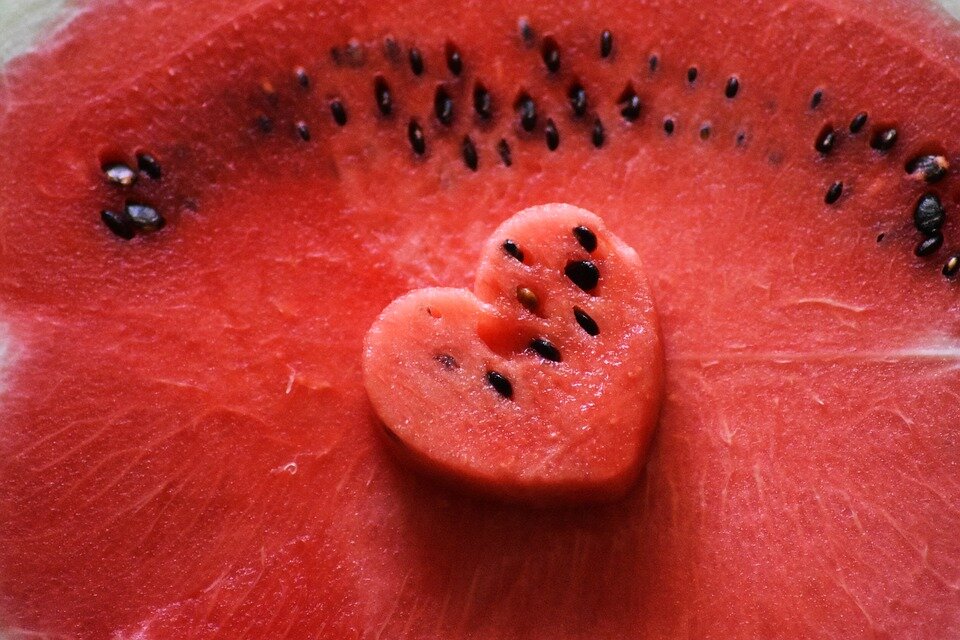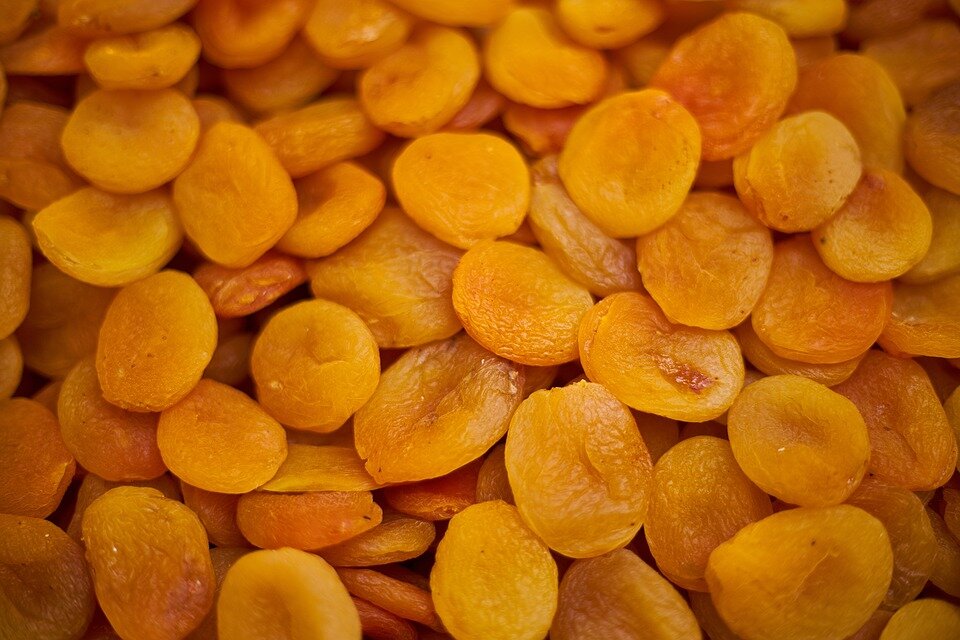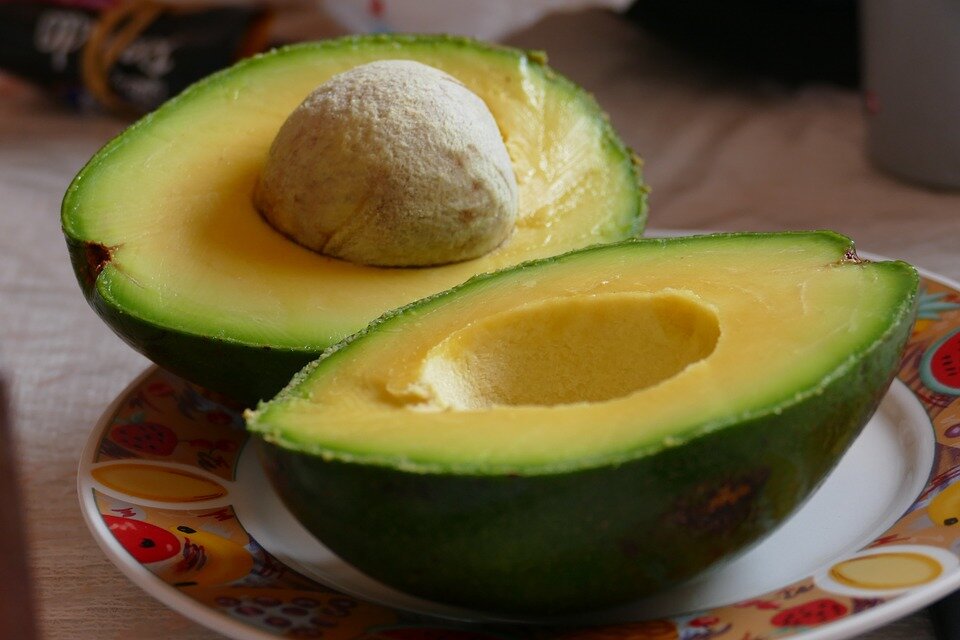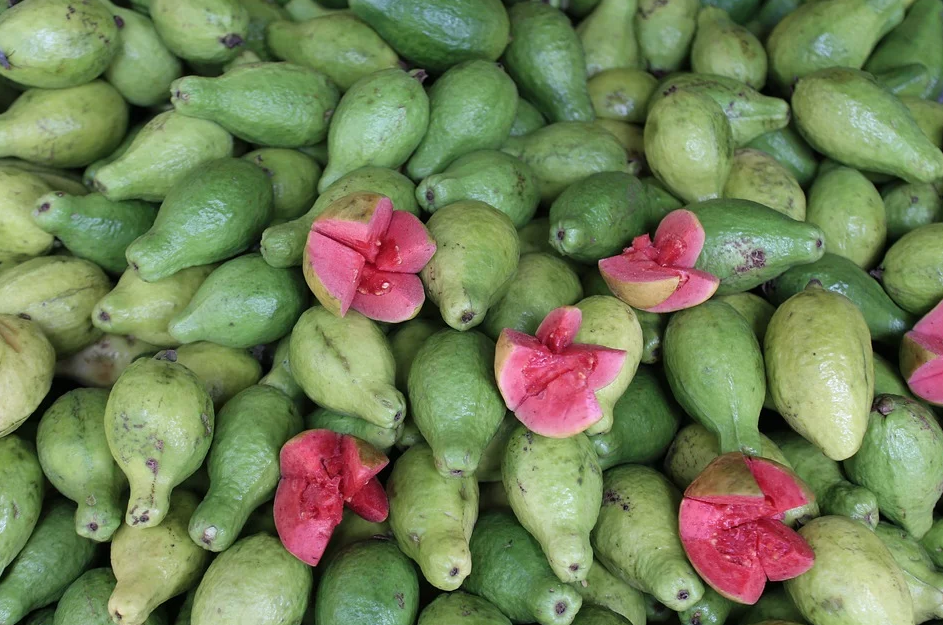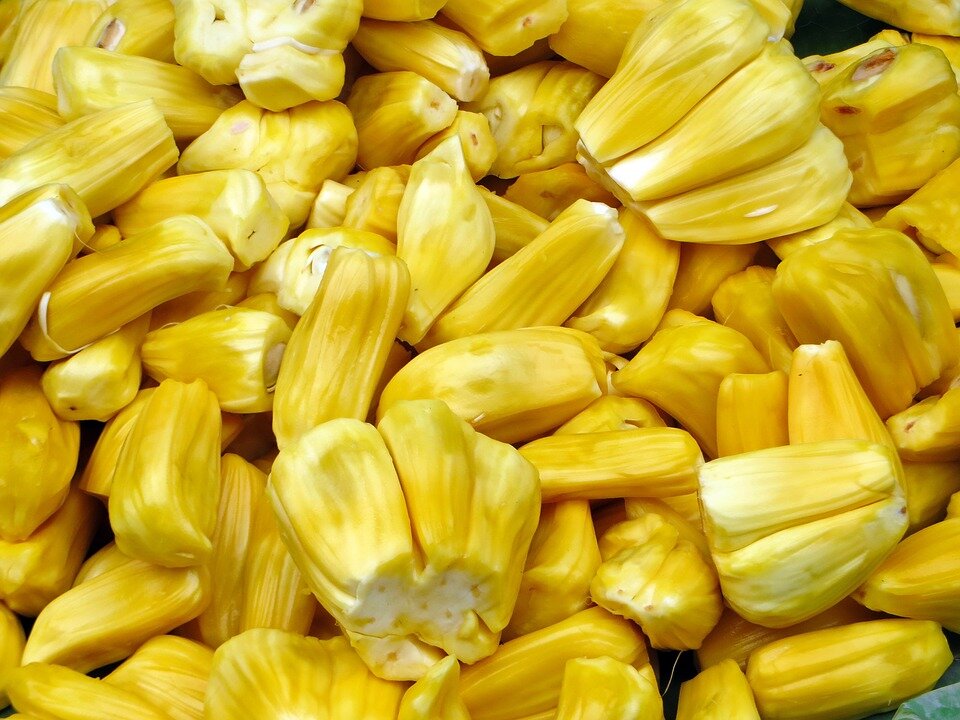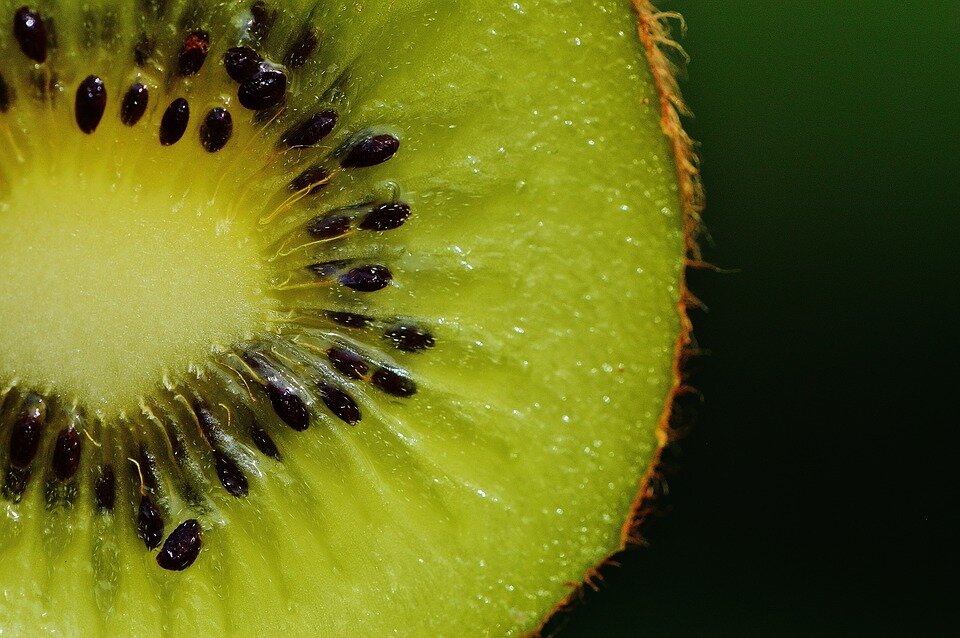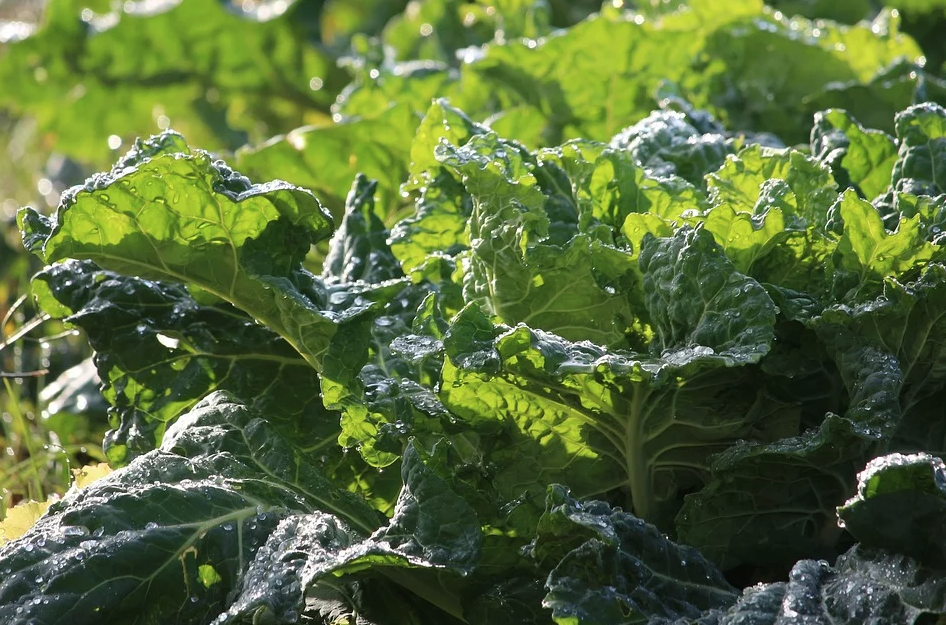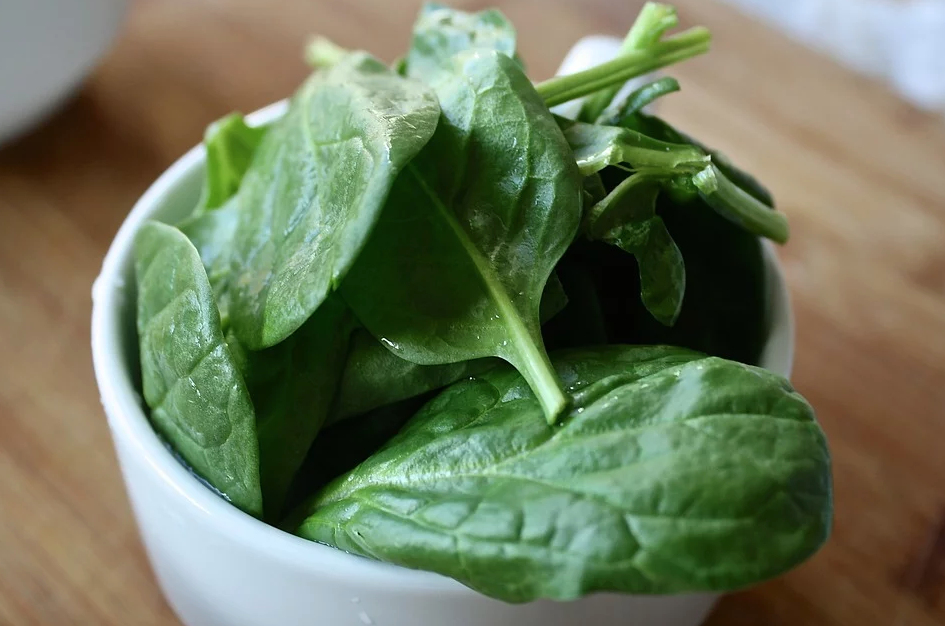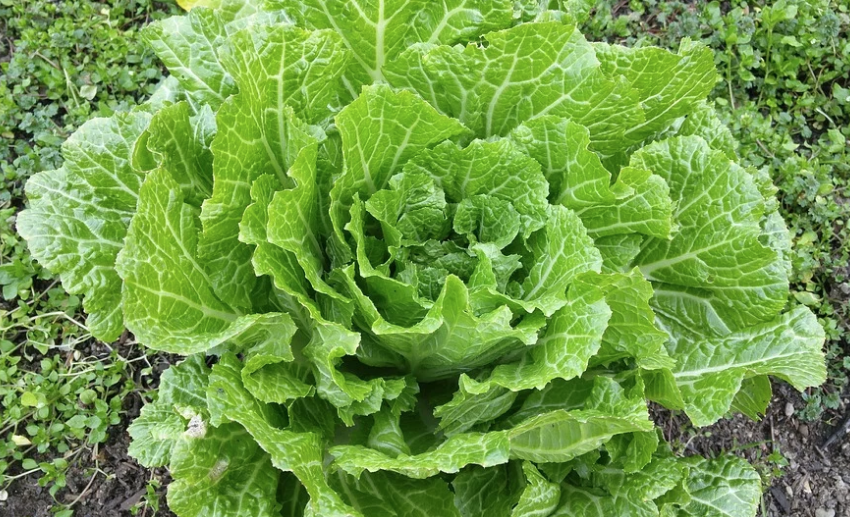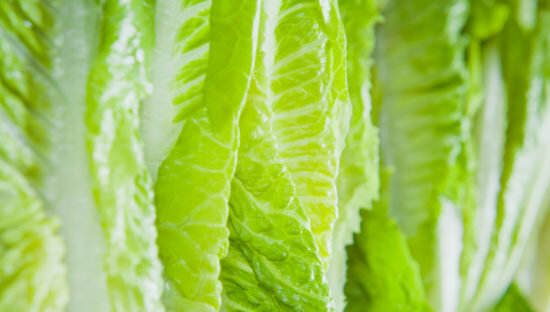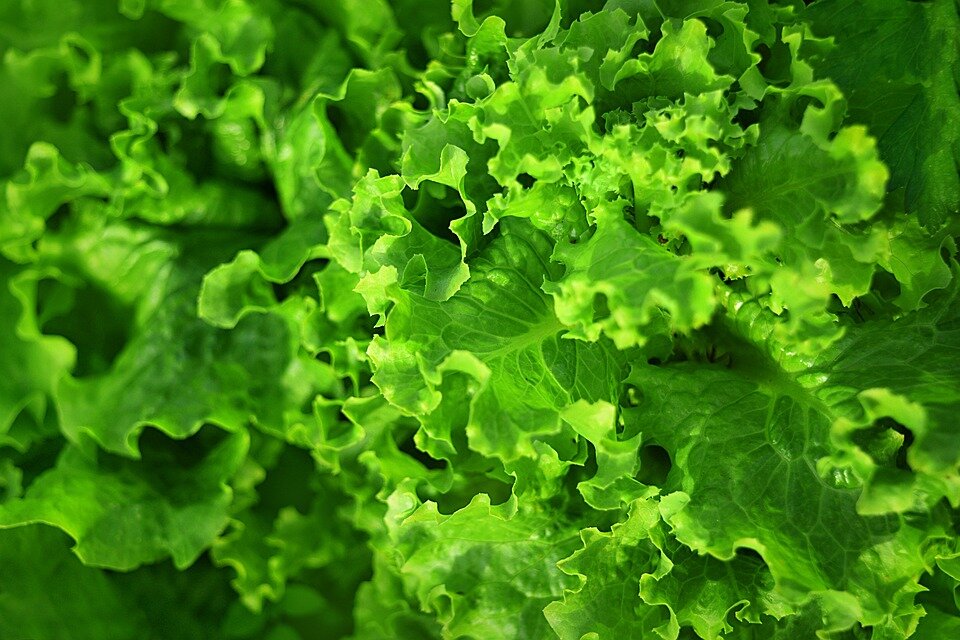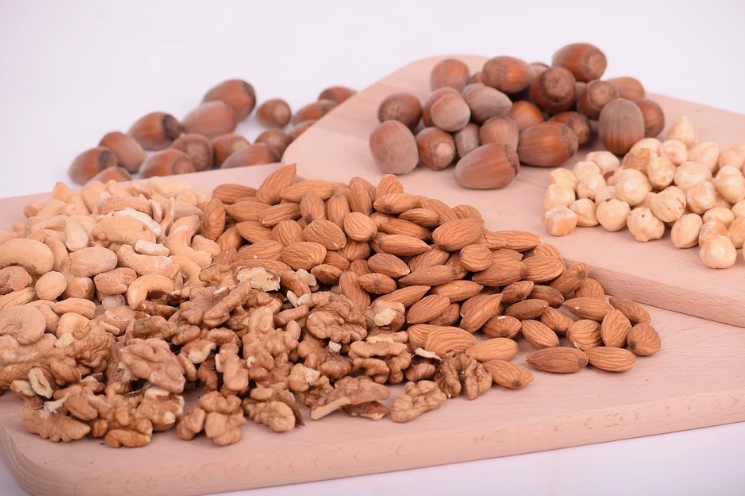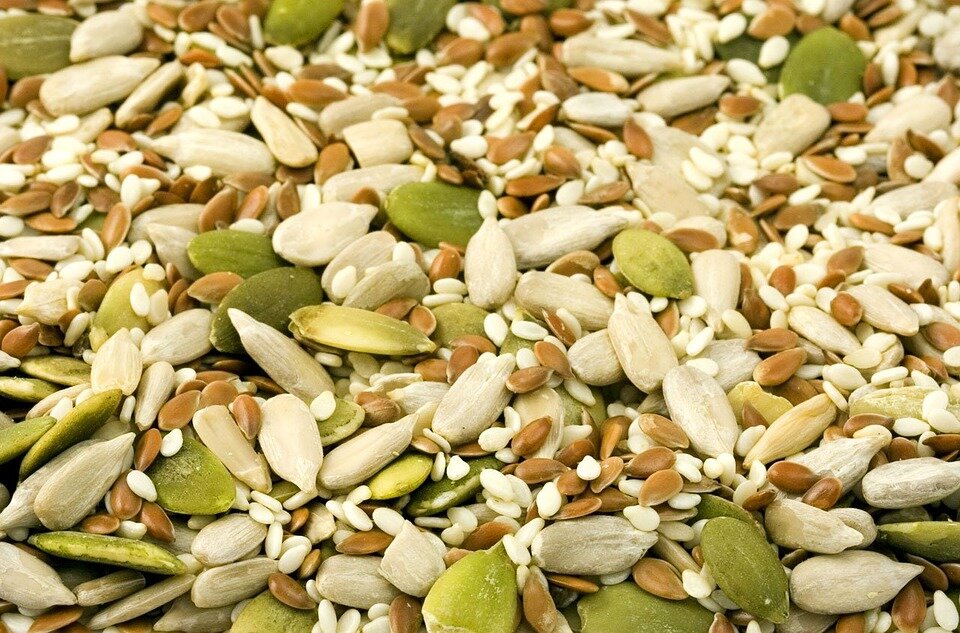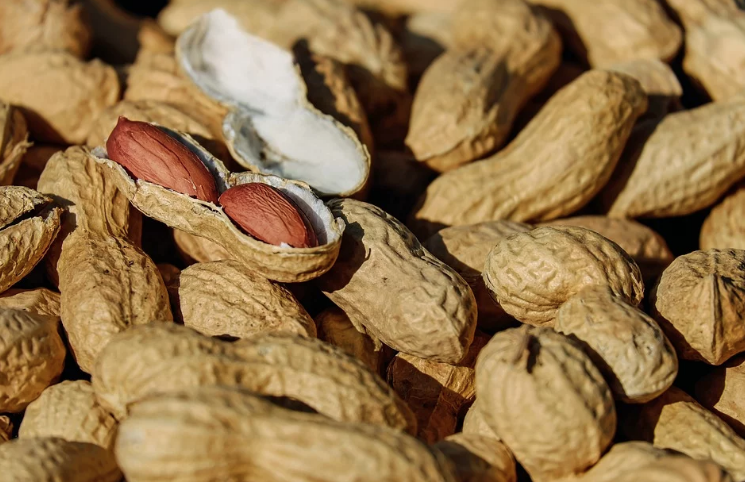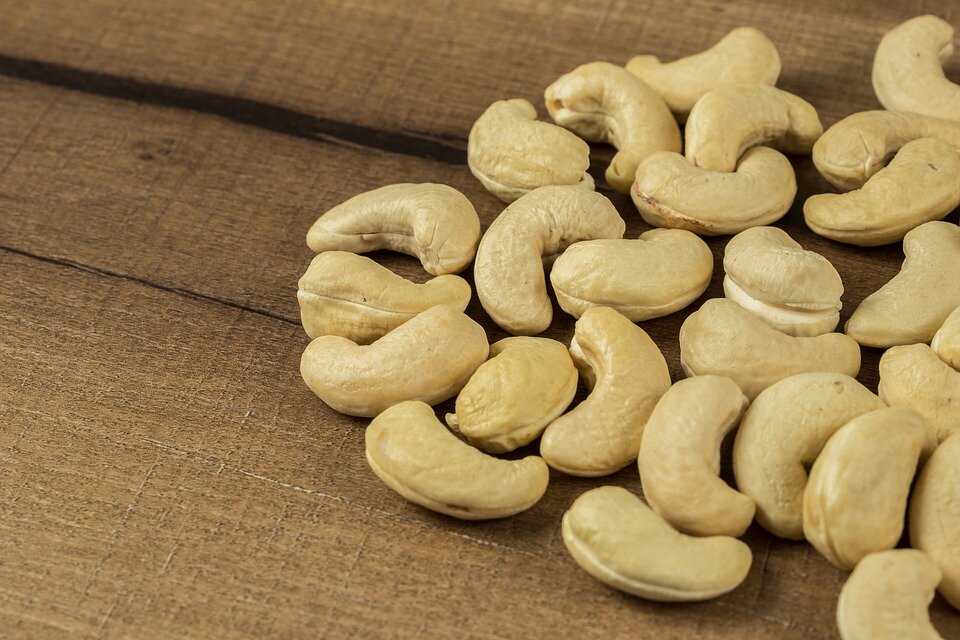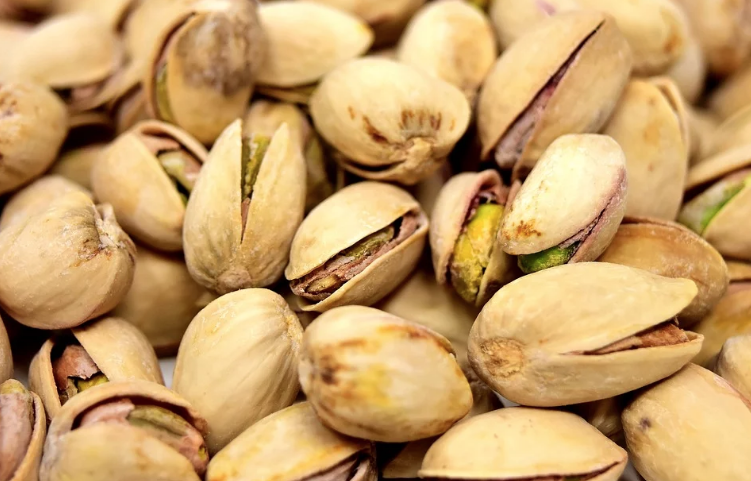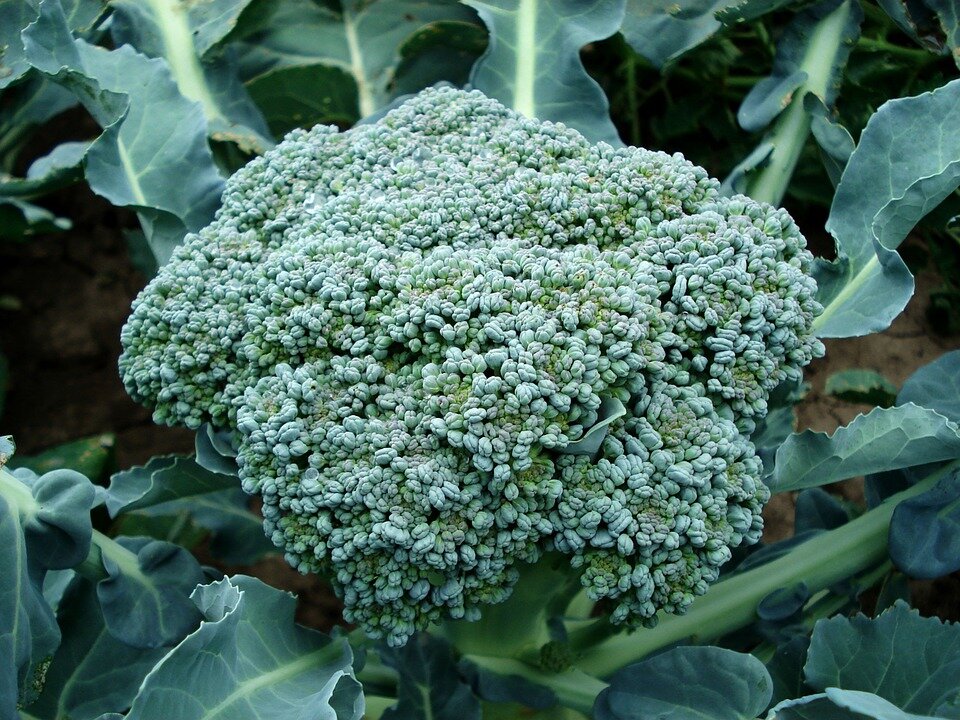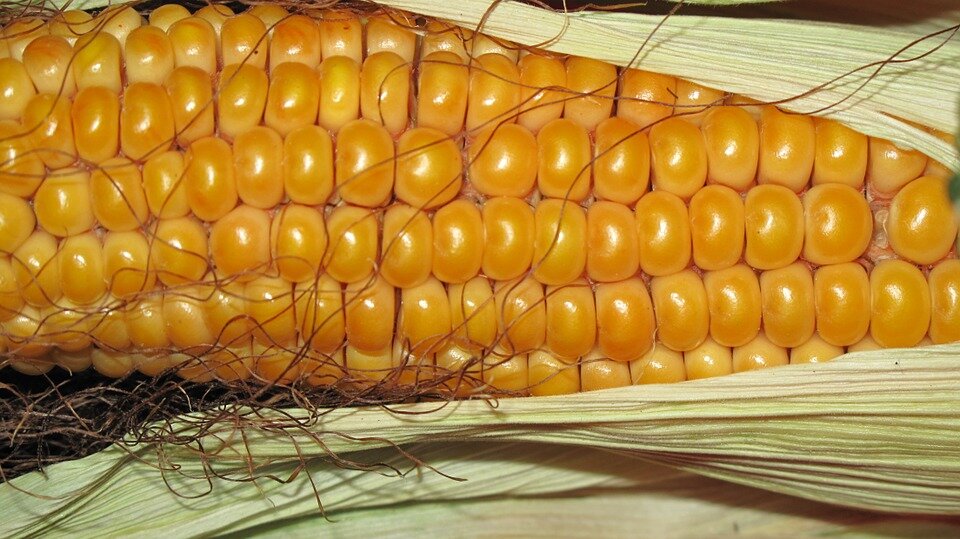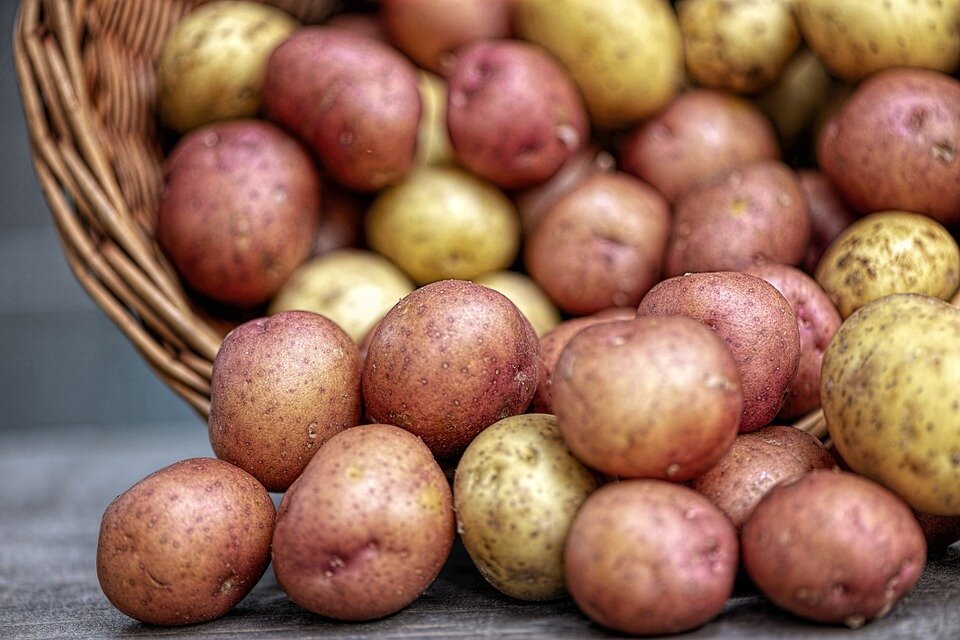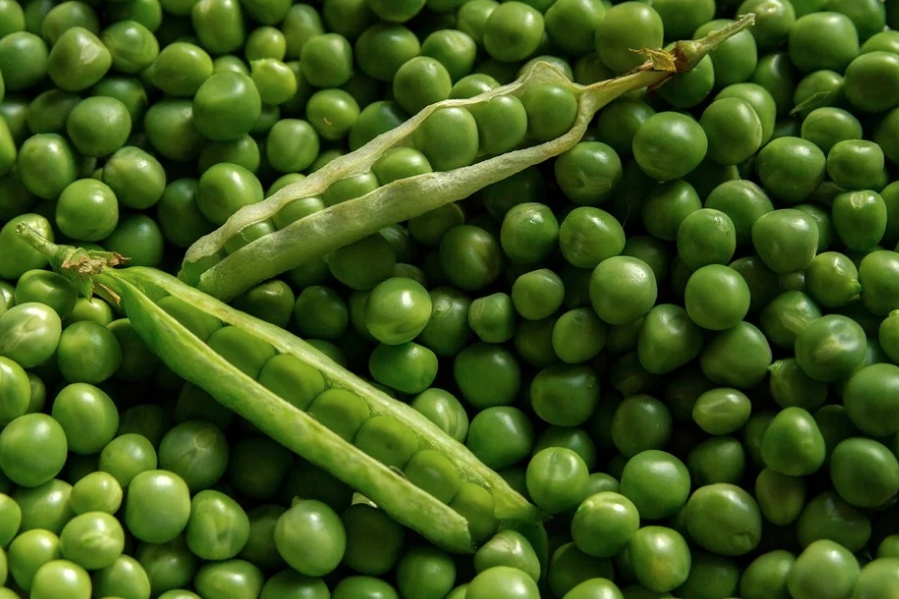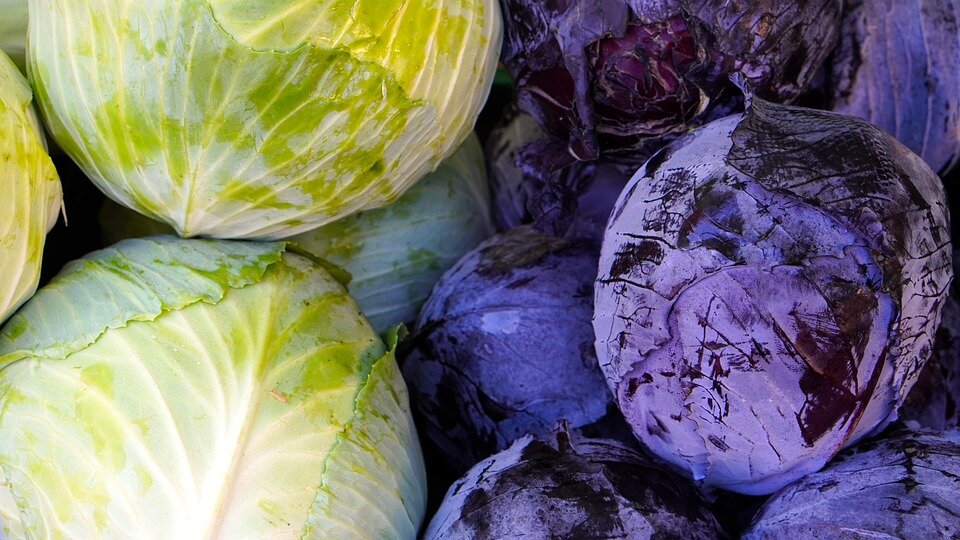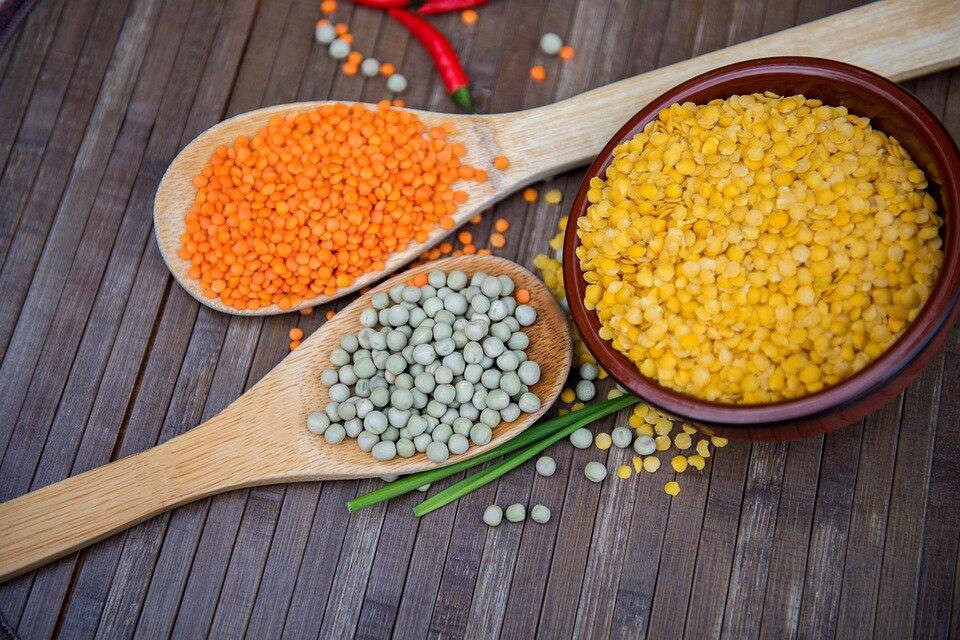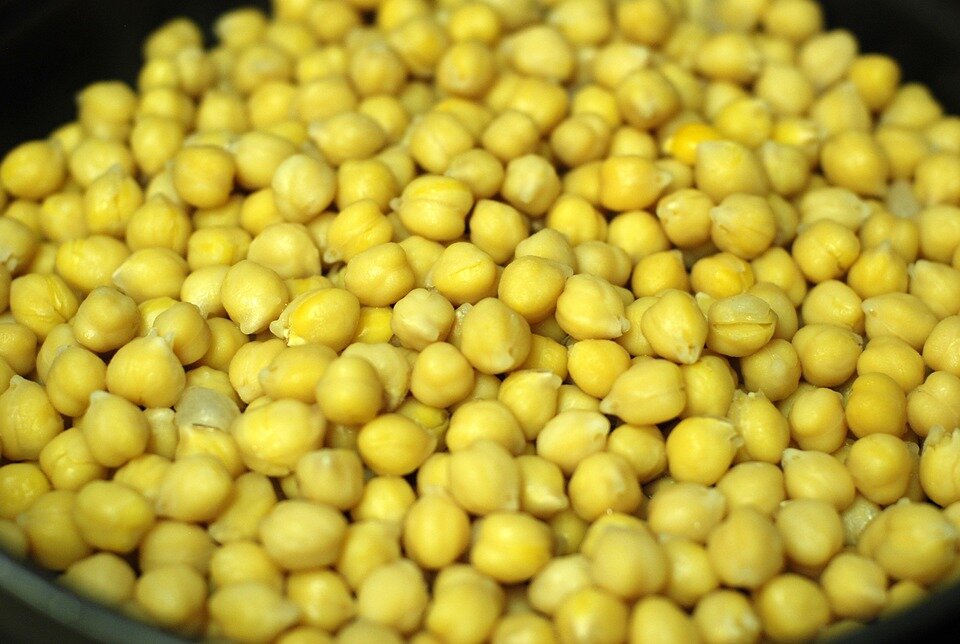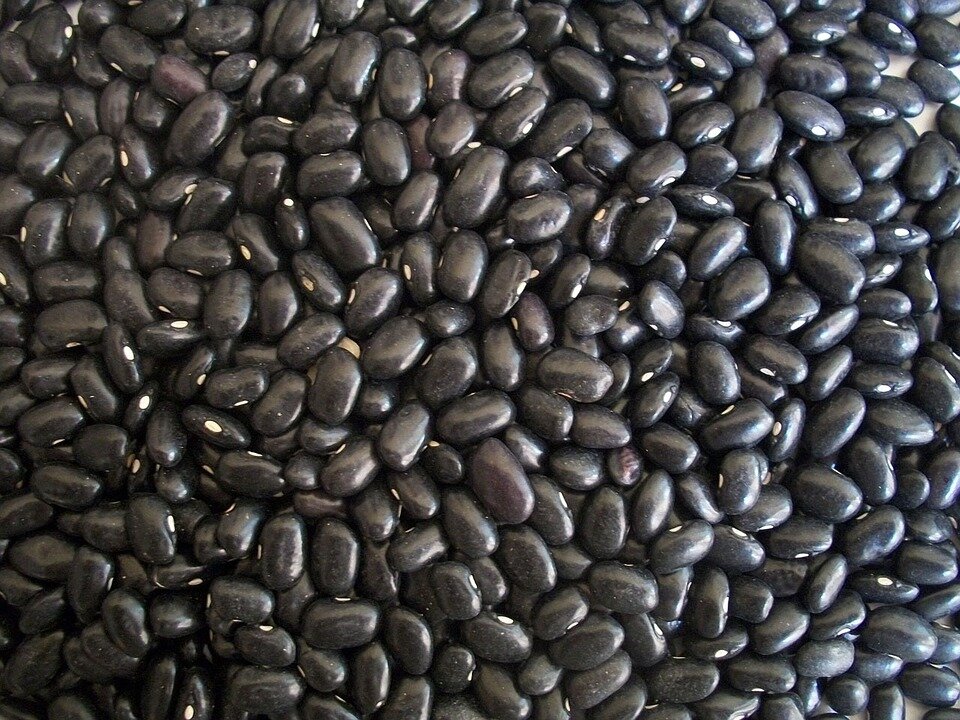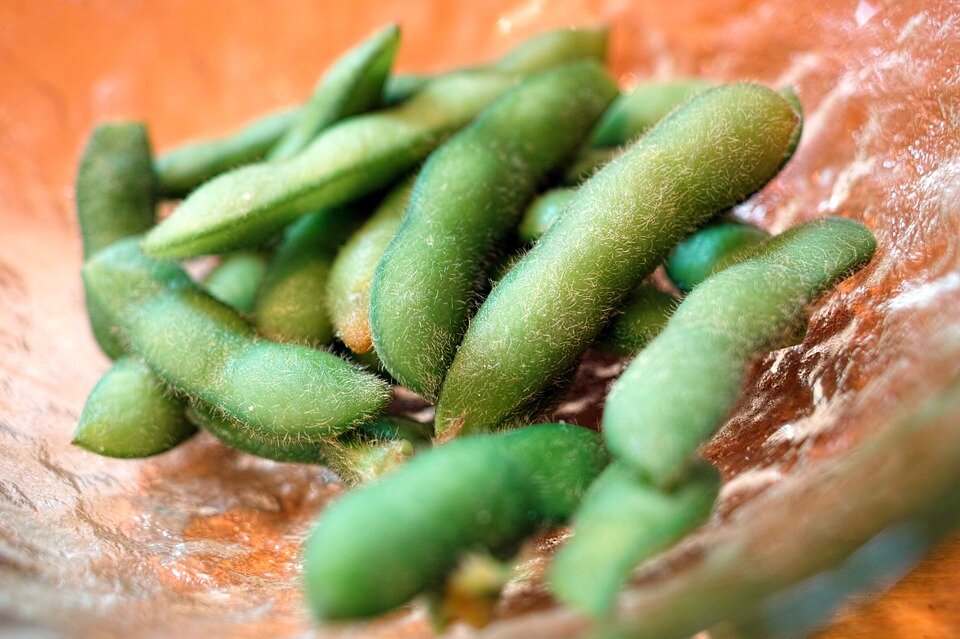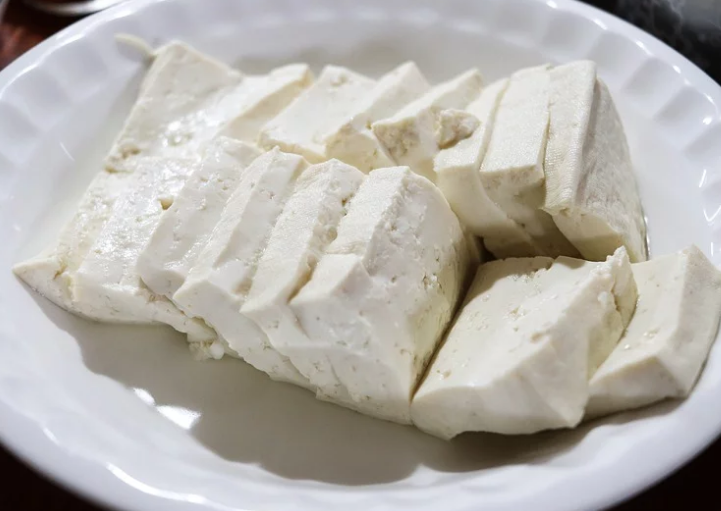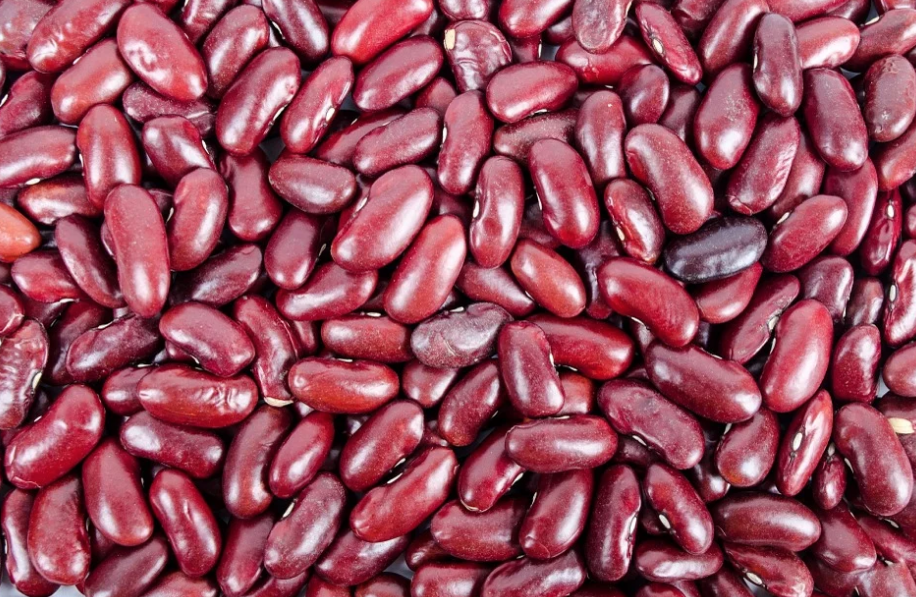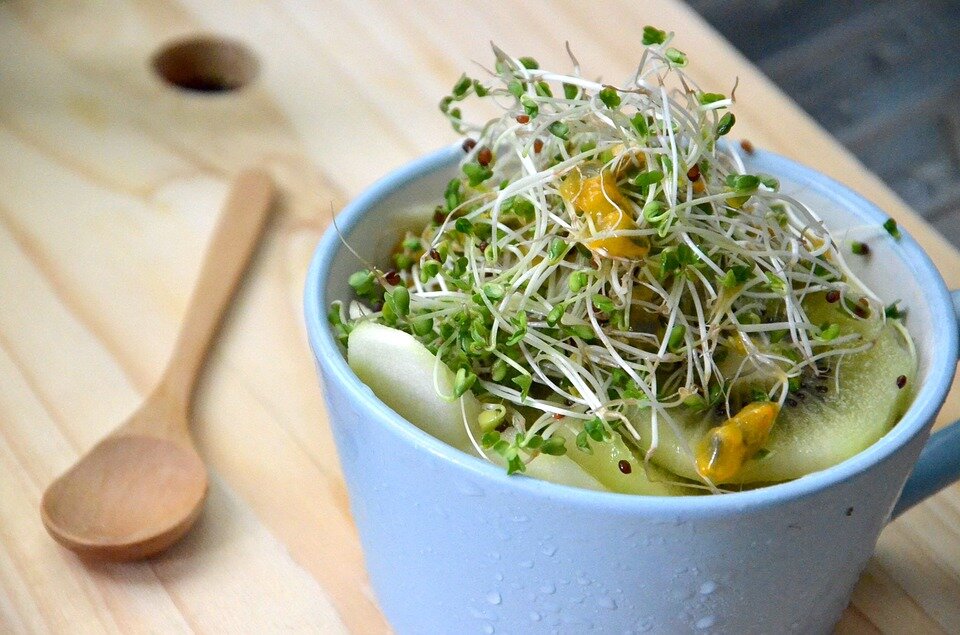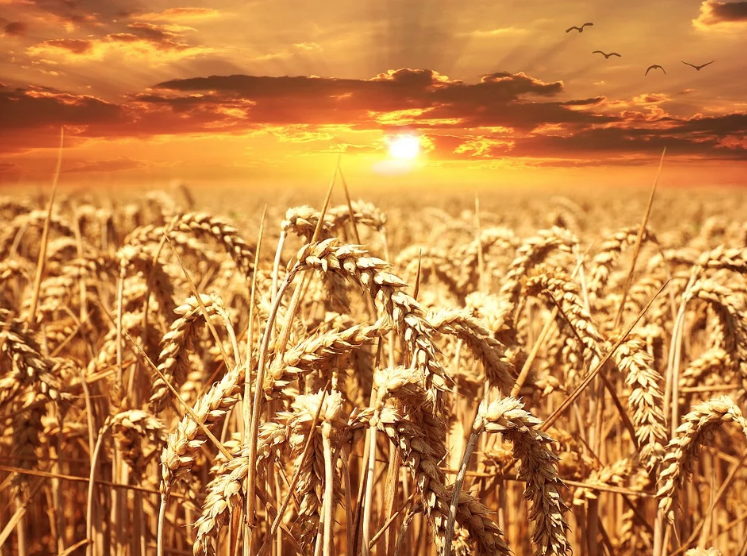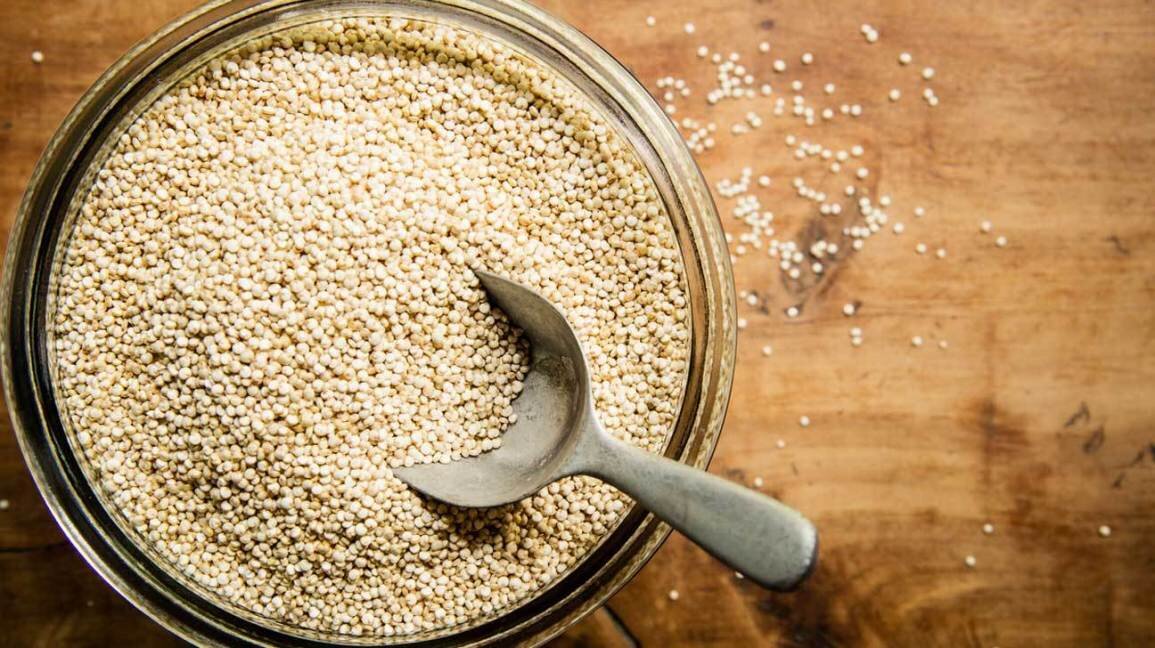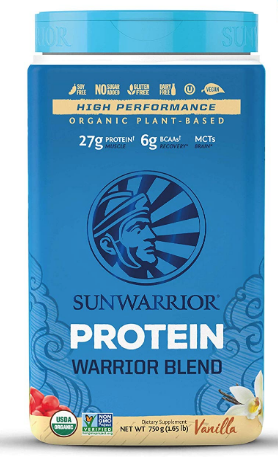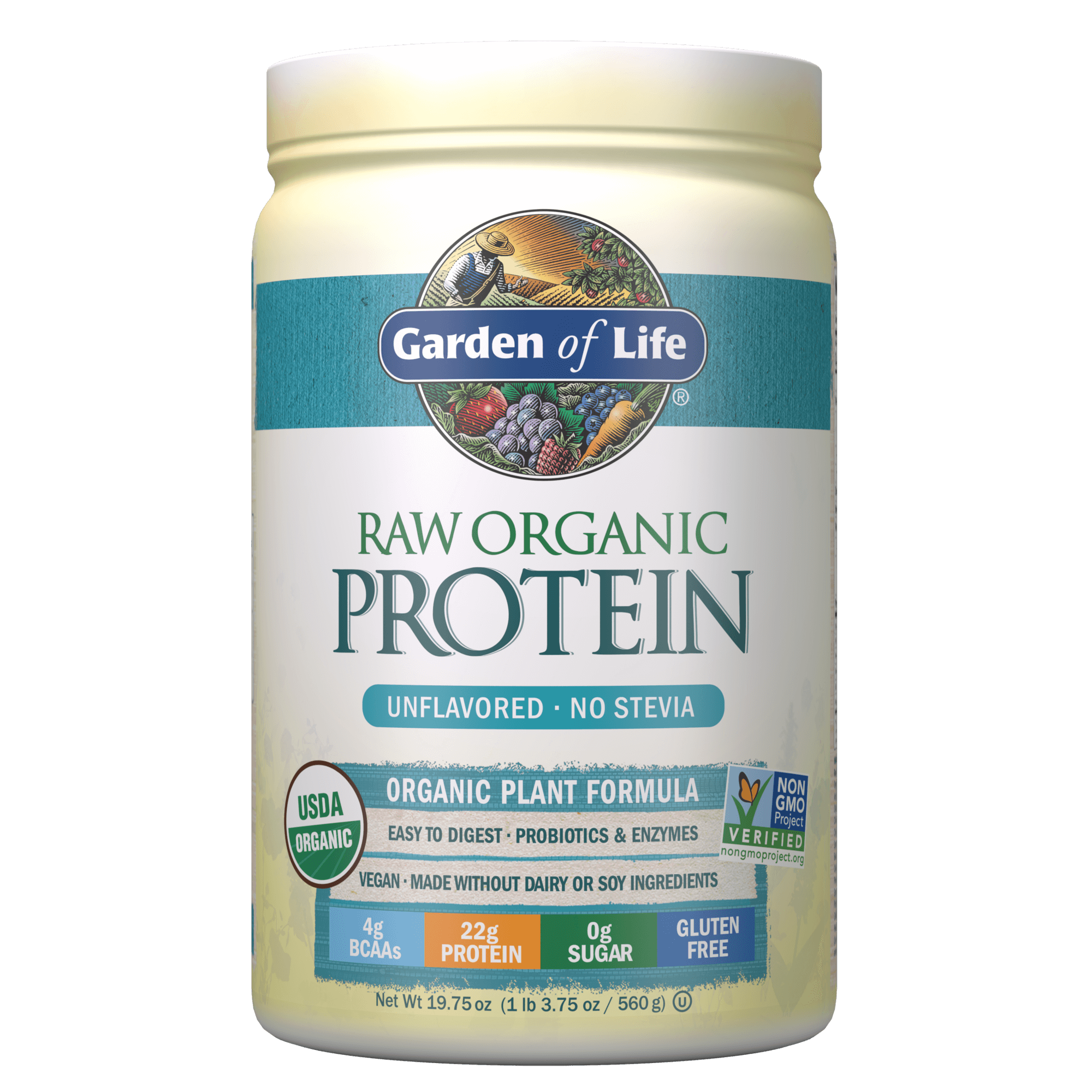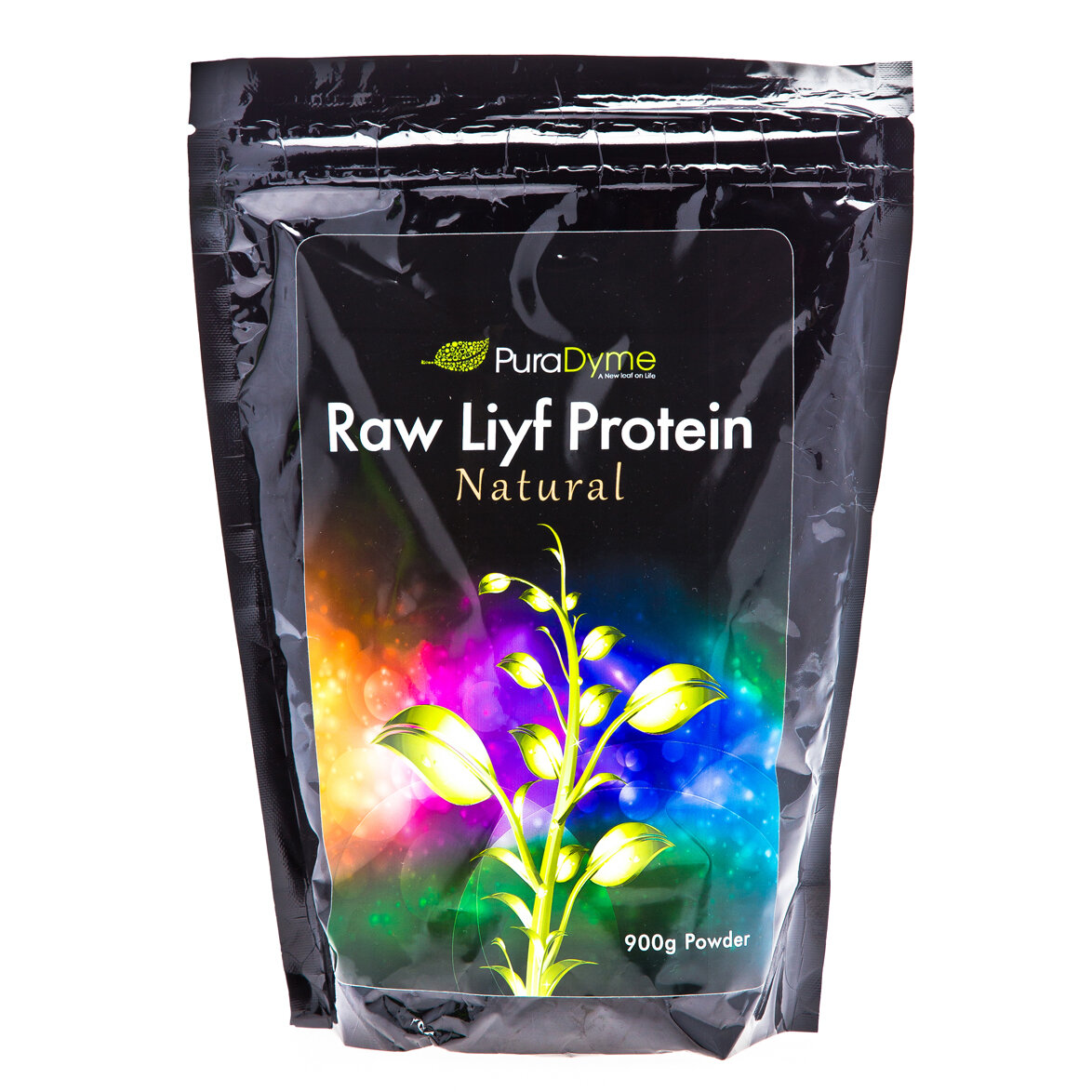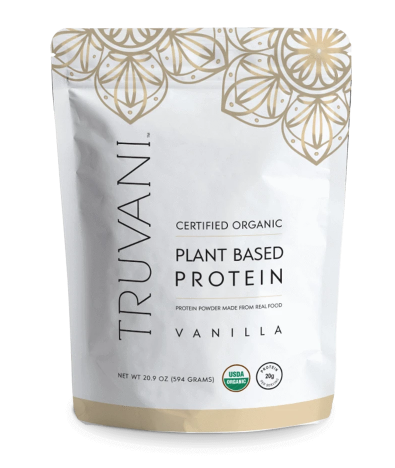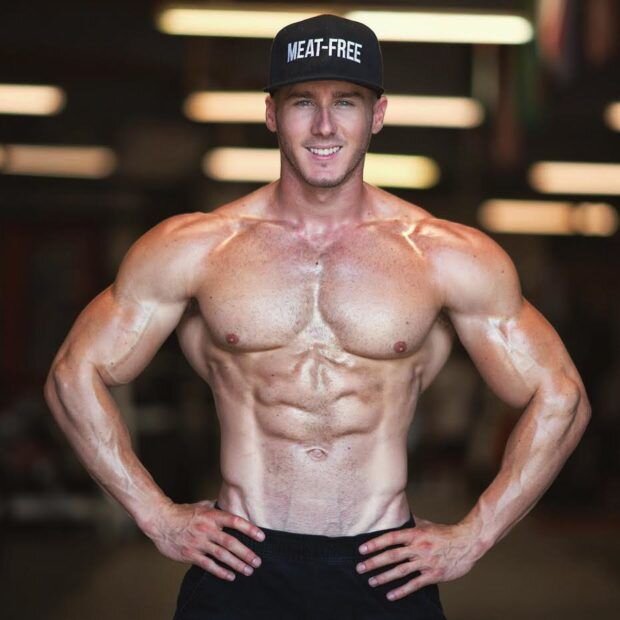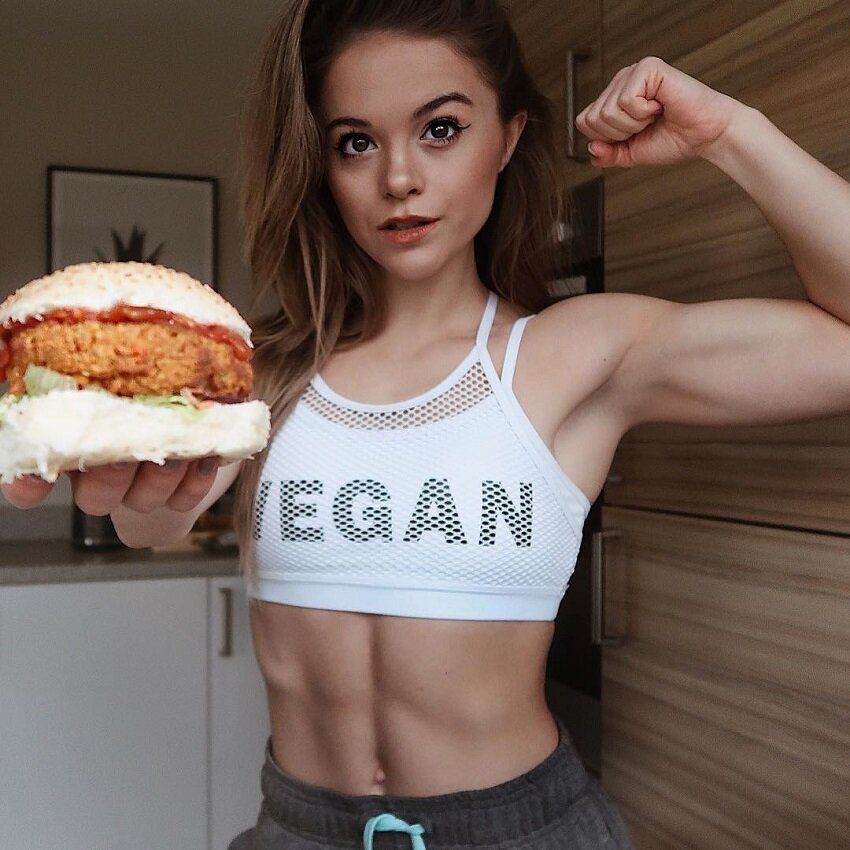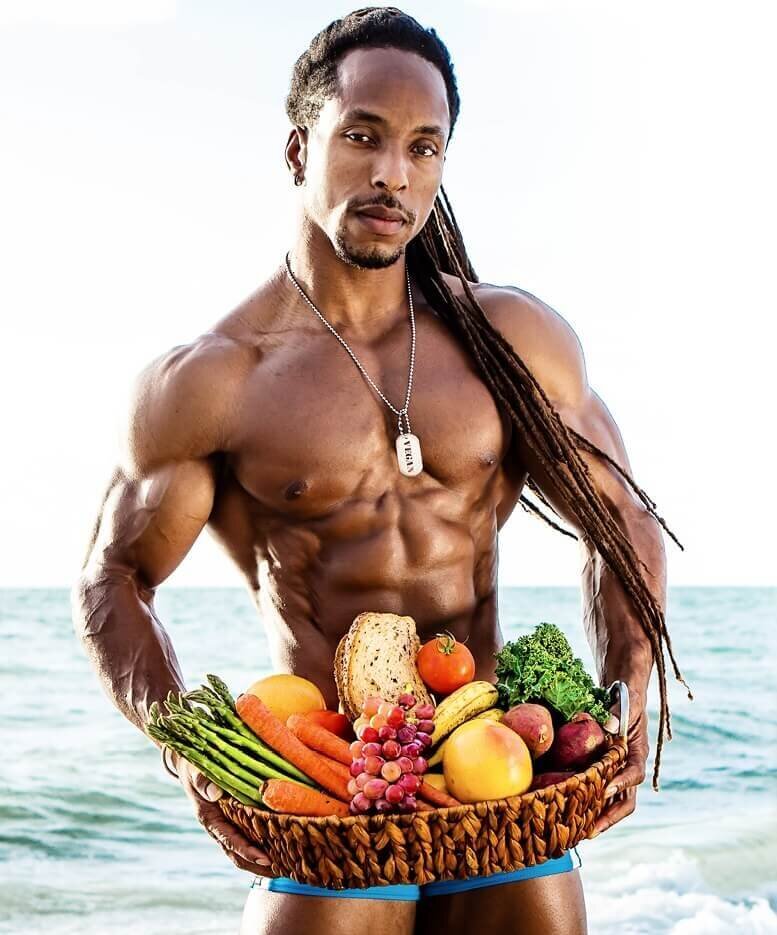but where do you get your protein from?
Plants. Fruits, vegetables, nuts, seeds, legumes, and whole grains. All plants, including fruit, contain protein and you can even get all of the 9 essential amino acids from plants (like chia and hemp seeds). Protein is plentiful on a plant based diet. Plant foods don’t scream and they certainly don’t bleed or feel pain since they don’t have a central nervous system. Fruits even grow back after we consume them. So as long as you eat enough and a variety of plant foods, you will consume enough protein.
"Any protein that you get from an animal is simply recycled plant protein," says Dr. Milton Mills. Consider this, Americans take in twice the amount of the recommended daily value of protein and continue to rank as the most obese nation in the world. Our problems do not stem from a lack of food choices, they come from our lack of awareness and understanding of nutrition. The fact is, less than 3% of Americans get the recommended minimum adequate intake of fiber, so instead of asking where vegans get their protein from, first check to see if you're consuming enough fiber. Watch this video for more information.
“On average, people who follow plant-based diets get 70% more protein than they may need every day. ”
animal protein
There is no comparison between eating the flesh of animals and eating plant foods to get protein, especially when it comes to actual nutrition and reversing disease. Animal products are devoid of fiber, which the majority of Americans are deficient in and contain very little to no antioxidants. They tend to only offer concentrated amounts of individual nutrients, such as protein or calcium, while being deficient in many others. In contrast, plant foods are rich in health promoting nutrients such as phytonutrients, which scientists have now found to protect us from cancer, heart disease, and an array of other serious illnesses. Plants are also the primary source of all minerals in our diet. Minerals are derived from the Earth and make their way into the food supply via plants. The only reason animal foods contain any minerals at all is because the animals eat plants, or they eat animals that eat plants.
protein recommendations
So, how much protein do we need to eat each day? Experimental studies that were carried out in the 1940s and 1950s, revealed that people only required about 2.5% of their calories from protein. In order to provide a “safe” level to cover all situations such as chronic infection and injuries, the World Health Organization (WHO) doubled these figures as a precaution. Since 1974, WHO has recommended that men, woman, and children consume about 5% of their calories from protein. Pregnant women should consume about 6.4% of their calories from protein, and lactating women about 7%. The Recommended Dietary Allowance (RDA) for protein is a modest 0.8 grams of protein per kilogram of body weight. This is saying that since I am 120 pounds (54.43kg), I should be consuming at least 43 grams of protein which is extremely easy on a vegan and raw food diet.
High protein fruits
Contrary to popular opinion, fruit contains protein, especially from the seeds of the fruit. Fruit contains macro nutrients like protein, fats, and carbohydrates. On average, it contains at least 5-7% protein which is the same as mother’s milk for infant humans. Fruit is truly nature’s most perfect food.
Mangoes: 3 = 8.3 grams
Guavas: 5 = 7 grams
Orange juice: 4 cups = 6.9 grams
Bananas: 4 = 5.1 grams
Cantaloupe: 1 = 4.6 grams
Avocado: 1 large = 4 grams
Apricots: 5 dried = 2.2 grams
Jackfruit: 1 cup = 3 grams
Kiwi: 1 cup = 2.1 grams
Blackberries: 1 cup = 2 grams
Raspberries: 1 cup = 1.5 grams
“Behold, I have given you every herb bearing seed, which is upon the face of all the earth, and every tree, in the which is the fruit of a tree yielding seed; to you it shall be for meat.”
high protEIn leafy greens
The largest land animals in the world, elephants, rhinos. hippopotamus, bison, wildebeest, horses, deer, and even manatee are all vegan animals, meaning they eat a plant based diet in nature. Green leafy vegetables may be low in calories but are packed with vitamins, minerals and fiber, including protein. Eating a diet rich in leafy greens can offer numerous health benefits including reduced risk of obesity, heart disease, high blood pressure and mental decline.
Romaine: 1 head = 7.7 grams
Kale: 1 cup = 2.9 grams
Collard greens: 1 cup = 2.5 grams
Watercress: 100 grams = 2.3 grams
Bok choy: 1 cup = 1 gram
Spinach: 1 cup = .9 grams
Cabbage: 1 cup = .9 grams
high protein nuts & seeds
Nuts are and seeds are magic potent vessels of nature. They hold intelligent blueprints for life and can lie dormant for ages until the conditions are ripe enough for them to burst into life. As a beautiful metaphor for consciousness , a seed represents the divine design within all things.
Pumpkin seeds raw: 1/2 cup = 17.6 grams
Watermelon seeds dried: 1/2 cup = 15.3 grams
Hemp seeds: 1/4 cup = 15 grams
Watermelon seeds: 1/4 cup = 7.7 grams
Chia seeds: 2 tbsp = 4.7 grams
Almonds: 1/4 cup = 6 grams
Cashews: 1/4 cup = 5 grams
Hazelnuts: 1/4 cup = 5 grams
Pistachio nuts: 1/4 cup = 6.8 grams
Sunflower seeds: 1/4 cup = 6 grams
Pine nuts: 1/4 cup = 4.6 grams
Brazil nuts: 1/4 cup = 4.3 grams
Walnuts 1/4 cup = 4 grams
Flax seeds: 2 tbsp = 3.8 grams
Sesame seeds: 2 tbsp = 3.2 grams
Macadamia nuts: 1/4 cup = 2.6 grams
Pecan nuts: 1/4 cup = 2.2 grams
1/4 - 1/2 cup is equal to about one handful and is the daily recommend serving size of nuts & seeds. It’s extremely easy to go overboard on the nuts & seeds, especially on a raw food diet so be sure to consume these in moderation. Note: because of legislation, most nuts are not considered “truly raw”. If they have been shelled, they have most likely seen steam, and many nuts are dried with heat in order to reduce moisture. They are not sprout-able.
high protein cooked vegetables
Vegetables are the vegetation of the Earth. They not only contain protein but contain mostly carbohydrates. Humans were designed by nature to crave carbohydrates with their unique combination of sweet flavor, energy and nutrition, carbohydrates regulate our hunger drive. Unless you eat enough carbohydrate foods, you’ll remain hungry and crave more food.
Potatoes: 2 medium = 6.4 grams
Yellow or Sweet corn: 1 cup = 4 to 5 grams
Sweet potato: 1 medium = 3 grams
Brussel sprouts: 1 cup = 2.9 grams
Artichoke: 1 small = 2.9 grams
Asparagus: 1 cup = 2.9 grams
Broccoli: 1 cup = 2.8 grams
Cauliflower: 1 cup - 2.1 grams
Okra: 1 cup = 1.9 grams
Parsnip: 1 cup = 1.6 grams
high protein legumes & sprouts
Legumes are a seed, pod, or other edible part of a leguminous plant which we can use as food. They can be cooked and even sprouted (except for kidney beans). I like to sprout chickpeas and lentils then top on my salad for extra protein if I ever need it. These foods are a powerhouse of protein for most professional athletes.
Tempeh: 1 cup = 31 grams
Edamame: 1 cup = 18. 5 grams
Lentils: 1 cup = 18 grams
Black beans: 1 cup = 15 grams
Tempeh: 1/2 cup = 16.8 grams
Kidney beans: 1 cup = 13 grams
Tofu: 1 cup = 13 grams
Chickpeas: 1 cup = 12 grams
Pinto beans : 1 cup = 12 grams
Peanuts: 1/4 cup = 9.4 grams
Green peas: 1 cup = 8.2 grams
Peanut butter: 2 tbsp = 7.2 grams
Broccoli sprouts: 2 ounces = 2.8 grams
Alfalfa sprouts: 1 cup = 1.3 grams
High Protein grains
Whole grains have been getting a lot of negative press lately but the science still stands true. According to the Journal of Nutrition, consumption of both refined and whole grains helped reduce weight, blood pressure, and total and LDL cholesterol among overweight and obese patients. After corn, it is the second most produced food worldwide, and the world’s single most important source of energy, providing more than 20% of calories consumed by humans around the globe. I’ve been gluten free for over 10 years, so I had to cut all wheat, barley, and rye products out of my diet. In turn, I have reduced inflammation and improved my gut health as well as the absorption of nutrients. I am still a fan of buckwheat groats (which do not contain wheat), quinoa, and wild rice since you can soak these over a couple of days and sprout them and technically consume them raw. I will never demonize grains since they have helped cultures and civilizations grow for 100,000 years.
Oats: 1 cup = 10.7 grams
Kamut: 1 cup = 9.8 grams
Buckwheat groats: 1/2 cup = 9.6 grams
Amaranth: 1 cup = 9.3 grams
Teff: 1 cup = 9.1 grams
Wheat pasta: 1 cup = 8.4 grams
Quinoa: 1 cup = 8.1 grams
Wild Rice: 1 cup = 6.5 grams
Brown Rice: 1 cup = 5.5 grams
Barley: 1 cup = 5.4 grams
White Rice: 1 cup = 4.3 grams
fruitarian protein breakdown
Below is my protein breakdown when I eat nothing but fruit. Please keep in mind that I do not recommend this way of eating for everyone, especially in teens and young adults who are still growing and developing. Not everyone can jump from a standard diet to a fruit diet overnight (hence Ashton Kutcher). Slowly work to increase your fruit intake if that is your goal. With that said, below is my protein count when I eat a fruitarian style diet.
Breakfast
6 cups of OJ = 10.2 grams
1 pineapple = 5 grams
Snack
6 mangoes = 16.5 grams
4 kiwis = 3.2 grams
Lunch
7 bananas = 9.1 grams
5 dates = 3.6 grams
Dinner
2 zucchinis = 4.8 grams
4 heirloom tomatoes = 6.4 grams
Total protein on a fruitarian diet: 58.8 grams
This is 14.8 grams over the minimum daily requirement for a 120 pound woman so this means I am getting more than enough protein when I eat nothing but fruit!
raw vegan protein breakdown
My normal style of eating includes fruits and vegetables in abundance with nuts & seeds in moderation. Here is a protein breakdown when I eat predominately raw vegan.
Breakfast
9 bananas = 9 grams
6 dates = 2.2 grams
2 tbsp of chia seeds = 3.3 grams
2 cups of coconut water = 3.5 grams
Lunch
6 mangoes = 16.5 grams
Snack
5 guavas = 7 grams
Dinner
2 heads of romaine = 15.4 grams
2 ounces of watercress = 1.3 grams
1 cucumber = 2 grams
2 carrots = 1.3 grams
1 cup of cherry tomatoes = 1.5 grams
2 tbsp hemps seeds = 5 grams
Total protein on a raw diet: 67 grams
cooked vegan protein breakdown
This is by far the easiest and least expensive way to eat a whole food plant based diet. As you can see, you can achieve at least twice the daily recommended amount of protein for a 120 pound adult female. Plant foods baby!
Breakfast
1 cup of cinnamon oats = 11.8 grams
1 oz walnuts = 4 grams
1 cup of blueberries = 1.1 grams
2 bananas = 2.6 grams
Lunch
1 1/2 cups of vegan chili = 16 grams
1 piece jalapeño cornbread = 2 grams
2 cups of a southwestern vegetable salad = 4 grams
Snacks
2 tbsp of peanut butter = 8 grams
5 whole grain crackers = 3 grams
1 banana = 1.3 grams
2 oz trail mix = 8 grams
Dinner
2 cups sweet potato, onion, bok choy, and broccoli stir fry = 5 grams
4 oz sesame orange baked tofu = 7 grams
2 cups brown rice = 9 grams
Total protein on cooked vegan diet: 82.8 grams
protein deficiency
Have you ever met anyone with a clinically diagnosed protein deficiency? I sure haven’t. True protein deficiency is very uncommon in the Western world and more like a caloric deficiency. People who deal with true “caloric deficiencies” are those who live in 3rd world countries, who are homeless, who restrict their calories, or those who have eating disorders. Track your calories in the app Chronometer to make sure your getting in enough calories. As long you eat an appropriate amount of calories for your age, sex, and activity level, you will more than likely get in enough protein.
excess protein
Too much protein in the blood is not good for the body and is what’s responsible for the majority of our preventable health conditions. Excess protein consumption can over burden our kidneys which contribute to renal failure and kidney stones. Scientists have even found that animal proteins are particularly damaging to the body because so many of their amino acids contain sulfa, which is far more toxic to our liver and kidneys than vegetable proteins. Consuming excess protein in the diet can also negatively impact our cholesterol levels and putting us at a higher risk for cardiovascular disease and cancer. A plant based whole food vegan diet is the only diet scientifically proven to reduce and even reverse heart disease.
There are two possible outcomes when we consume excess nutrients: They are either stored in the form of body fat (adipose tissue) or the excess would need to be eliminated. If all of the protein that we consumed was stored, then it would be deposited into our muscles and we would all look like bodybuilders. Since excess protein cannot be stored, any protein consumed in excess of the body’s needs therefore must be eliminated and if it’s not eliminated, it comes at a great expensive to our health.
Americans take in twice the amount of the recommended daily value of protein and continue to rank as the most obese nation in the world. The fact is, less than 3% of Americans get the recommended minimum adequate intake of fiber, so instead of asking where vegans get their protein from, first check to see if you're consuming enough fiber.
supplements
With the rise in concern of getting enough protein, comes the demand of protein powders. Luckily vegan and raw protein powders are on the rise too. Although I have never taken a protein supplement in my 8+ years as a vegan, I’m glad that there is a market for these. I believe that supplementing with protein is unnecessary in my opinion, especially if you have underlying health issues, but if your goals are body building and you are generally in good health, then I say go for it. I have run 2 full marathons and 12 half marathons as a vegan and I didn’t need to use any protein powders or specific supplements. My drink of choice before a long race is a smoothie made of dates, coconut water and a little cacao powder for a stimulating boost at the starting line.
After thoroughly reviewing the ingredients, these are the protein powders that I recommend. They are all vegan, some raw, free of gluten, dairy, soy, added sugars, artificial flavors or sweeteners. A lot of protein powders on the market contain “natural flavors” which is just as bad as “artificial flavors” in my opinion. They are still chemicals created in a lab and I personally wouldn’t want them in my body. I am not an affiliate with any of these products and do not plan to be. I just want to offer the best options I have found that’s out there.
vegan athletes and body builders
As you can see, protein is never an issue on a vegan, raw vegan, or even a fruitarian style diet. The real issue isn’t protein, it’s the lack of understanding and awareness regarding nutrition and what protein really is. Protein is extremely misunderstood. All plants contain protein and all of the essential amino acids needed to build it. Animal foods are no longer necessary for you to get the protein your body needs.





